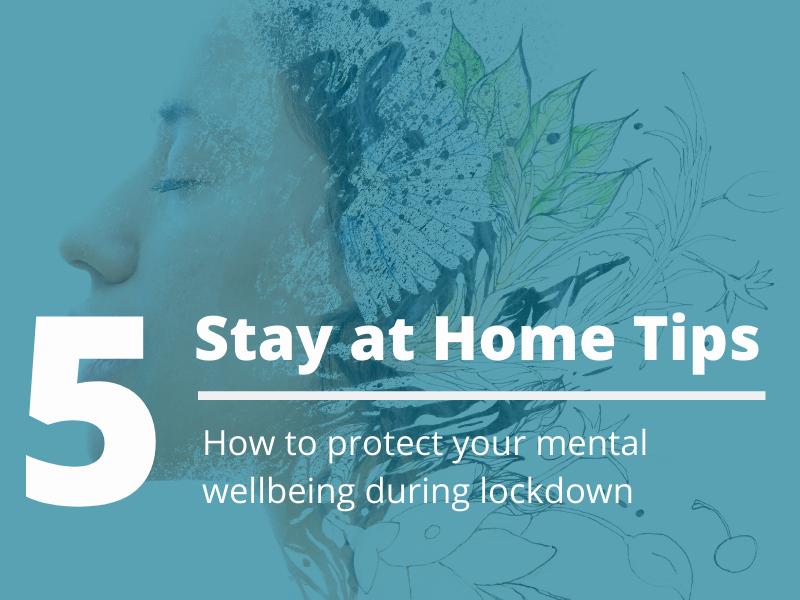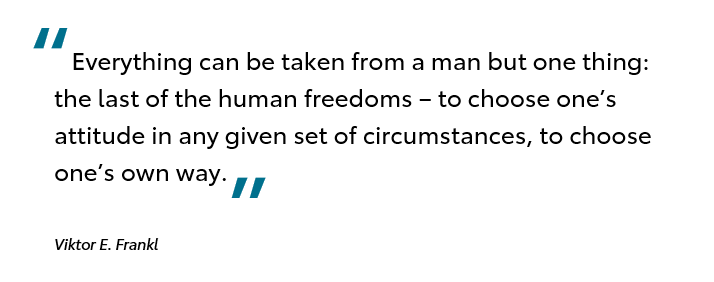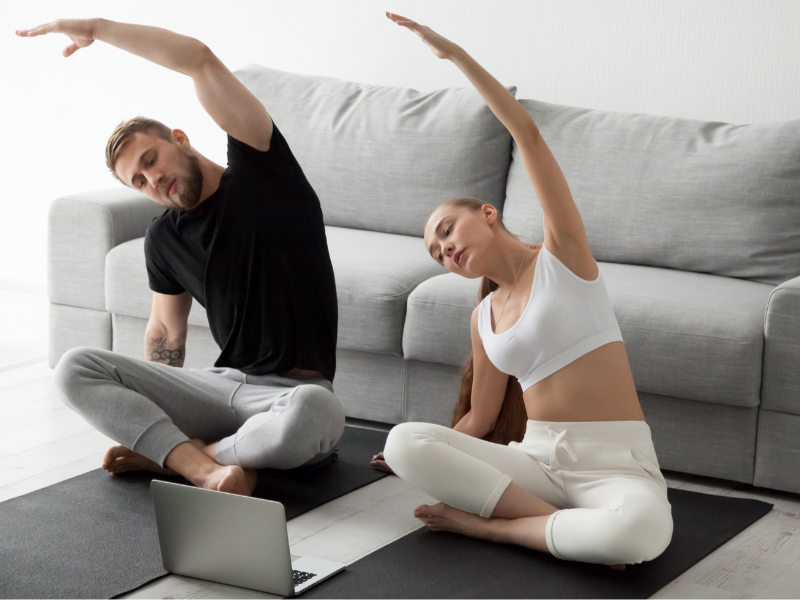You don’t necessarily have to get up at the exact same time as you would have done if you were commuting into work, but you should aim to wake up and go to bed at approximately the same time each day.
Sleeping too much or too little can both disrupt mental wellbeing.
Have your meals at a similar time each day. Make the effort to cook (to the extent that the supermarket shelves allow). Don’t end up being the guy who’s eating cereal in his pyjamas at two in the afternoon.
Tips to help ensure you sleep well:
Shut down the gadgets. Turn down the lights. Turn off the noise. Take a nice warm bath or enjoy a hot cup of tea. Spend about 20 minutes stretching your muscles. Read a book and let your world quieten down before you ask your body to sleep.
You may think you don’t have time for these activities, but if you don’t get the sleep you need, both your physical and mental health will suffer. Take the time to take care of yourself and you’ll be more productive during the day.






